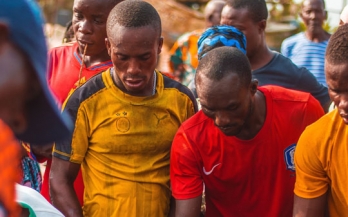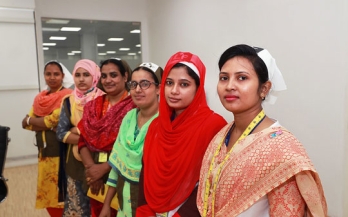

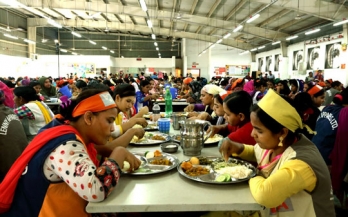
GAIN Working Paper Series 21 - Bringing business thinking to worker nutrition programmes
This study aimed to do something that had not been done before: apply business case thinking to worker nutrition programmes in supply chains, using a structured and systematic approach. The study extended the definition of "business case" beyond financial returns on investment to cover a broad range of possible motivations for companies and sectors to invest in nutrition in their supply chains.
The cocoa nutrition innovation programme in Ghana - Harvesting the benefits of nutrition for farmers, families and workforce
There are many complex and political challenges faced by companies working with large and diverse supply chains. For the cocoa sector, child labour, attaining a living income and deforestation are often seen as the most urgent. However, one area that affects productivity, profitability and reputation but is relatively easy to solve is workers’ nutrition.
Focus Ethnographic Study (FES) in Ghana
This Focused Ethnographic Study (FES) used research modules derived from a cultural-ecological framework to examine infant and young child feeding practices, behaviours and beliefs from a household perspective.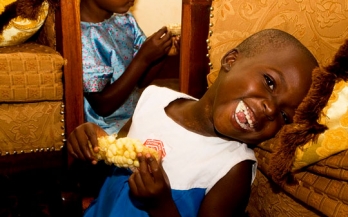
Balancing health, cost and convenience in feeding infants and young children in Accra
The purpose of this study was to examine the potential of Maisoyforte 6-24, a new fortified, non-instant cereal for infants and young children (IYC), which was proposed by a local Ghanaian company to the Global Alliance for Improved Nutrition (GAIN) for start-up support.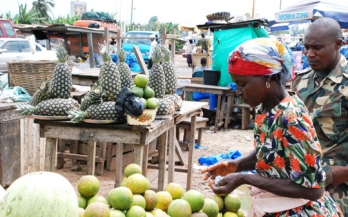
Development of food-based recommendations using Optifood-Ghana
A Focused Ethnographic Study and dietary analysis using the Optifood system were carried out in two farming districts in Ghana. The main aim of the overall study was to identify strategies, based on locally available foods, to improve the nutritional quality of the diet of infants and young children in selected regions in Ghana.
Findings of an analysis of infant and young child feeding in Ghana using Optifood and focused ethnographic studies
The aim of the study was to identify a set of evidence-based, population-specific, food-based recommendations that can be promoted to improve the nutritional status of infants and young children in farming communities of Ghana.
Technological and market interventions for aflatoxin control in Ghana
This report describes a randomized controlled trial among groundnut farmers in northern Ghana designed to test the impact of two approaches to encouraging adoption of post-harvest practices for the reduction of aflatoxins. Results indicate that simply training farmers and making tools for aflatoxin prevention available has a significant impact on post-harvest practices.